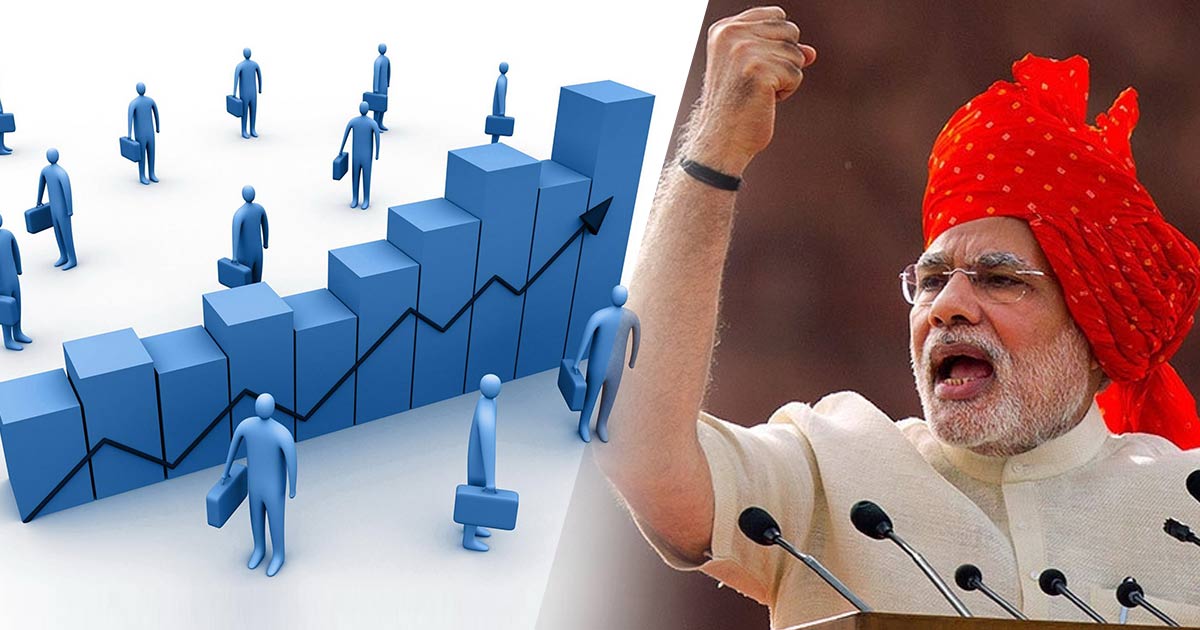The Goods and Services Tax (GST) touted as the biggest tax reform since Independence came into effect from 1st July across the country. According to Prime Minister Narendra Modi, after the roll- out of new indirect tax regime, the removal of inter- state levies at check- posts saved thousands of crore rupees as well as reduced time by 30 percent in the transition of goods from one place to another.
He further added that the Goods and Services Tax (GST) combined a dozen of state and central levies. After the implementation of new regime from 1st July, it has enhanced an efficiency of business enterprises and it is an outcome of cooperative federalism. While addressing the nation from the ramparts of the Red Fort on an event of 71st Independence day, he said that the technology has made the new regime smoother and easier in a short period of time.
Modi said, “Trucks (carrying goods) are saving 30 per cent (travel) time post-GST as check posts have been removed. This has helped save thousands of crores of rupees and more importantly time.”
After the existence of new regime, it has increased efficiency level of business specifically in the transport sector. In the views of Narendra Modi, “Efficiency has increased in the transport sector by 30 per cent and because of GST such a big change has happened.”
Due to the roll-out of the new indirect tax regime, it has removed dozens of central and state levies such as VAT, excise duty, and service tax and replaced them with the current four slab tax structure– 5, 12, 18 and 28 percent for goods and services throughout the country.
Newly implemented Goods and Services Tax Regime (GST), has replaced inter- state barriers to make India into a common unified market where goods and services transited smoothly. As per the survey of material and location- it examined that the state border levies at check-posts resulting in slow down in the delivery of goods and creating environmental pollution when trucks are waiting for their turn.
Modi said crores of people are behind the success of GST and the implementation of the new indirect tax regime is an example of the benefits that can be reaped if there is cooperative federalism in place between the Centre and states. “Technology is a miracle. Some find it astonishing that GST has been rolled out in such a vast country in such short span of time,” he said.
Recommended: Modi Government Getting Ready For Another Big Move
According to PM, due to the GST implementation, it has provided benefits such as ease of doing business and cleanliness drive, the Central and the State Government have worked together to make it successful. Modi said that for instance there was a time when the Centre and the states used to battle over allocation of urea and kerosene.
But all this is a thing of past with increased urea production in last three years and alternate LPG and natural gas usage cutting down kerosene demand, he said. Modi said, “Since I have myself been a Chief Minister for long, I know that states are important for the growth of a country. I understand the importance of chief ministers and state governments.”
He further added that “And that is why we focused on cooperative federalism and now competitive cooperative federalism. And now we are taking all decision together.”










